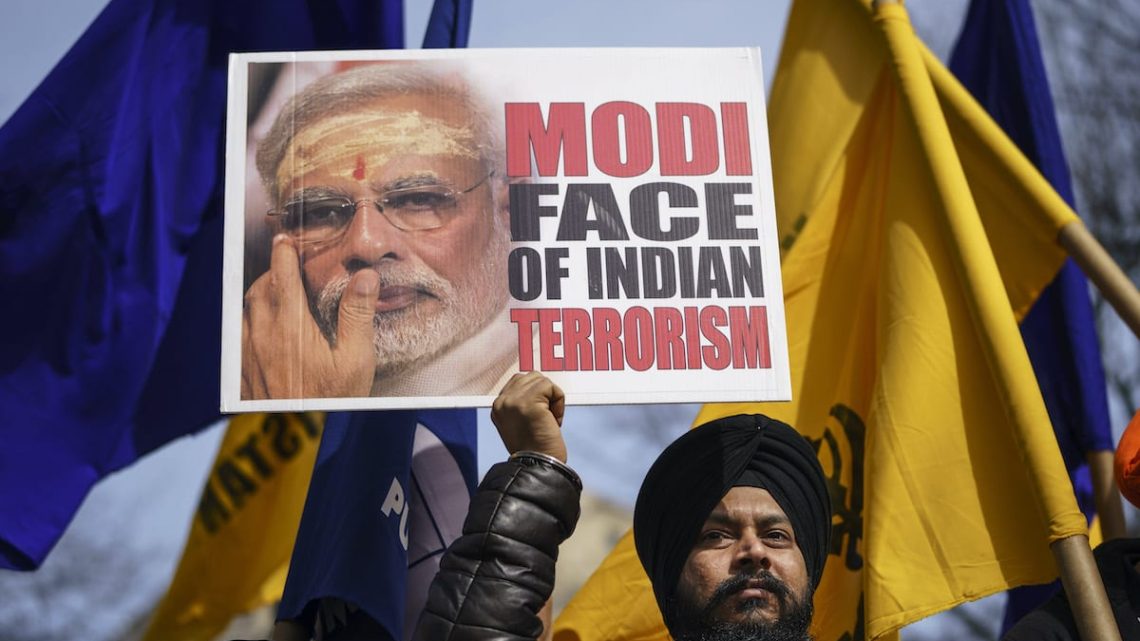
Modi’s Extremist India: The Washington Post Exposes
May 3, 2024The Washington Post exposes an account of covert operations and political intrigue under Prime Minister Narendra Modi in India. At the centre is Vikram Yadav, an alleged operative of India’s intelligence agency RAW, implicated in a sinister plot to assassinate Gurpatwant Singh Pannun, a prominent figure in the Sikh separatist movement.
The revelation of Yadav’s involvement in hiring a ‘hit team’ to carry out the assassination on American soil sends shockwaves through diplomatic corridors, shedding light on India’s audacious disregard for international boundaries in pursuit of its objectives. As investigations deepen, a web of connections emerges, implicating higher-ranking officials within RAW, including then-chief Samant Goel, and pointing towards Modi’s national security adviser, Ajit Doval, suggesting a broader nexus within India’s power circles.
The foiled assassination attempt on Pannun is just one piece in a larger puzzle of aggression against Sikh dissidents globally. The plot links with a series of violent incidents targeting Sikh activists, underscoring the extent of RAW’s reach and its alarming implications.
For the United States, the revelations pose a diplomatic challenge, caught between professed values and strategic interests. High-level discussions ensue on how to respond to India’s transgressions without jeopardizing bilateral relations, with CIA Director William J. Burns leading the charge for accountability. Meanwhile, in Canada, Prime Minister Justin Trudeau takes a more assertive stance, publicly accusing India of complicity in the assassination of Sikh activist Hardeep Singh Nijjar and expelling RAW’s station chief in Ottawa, signaling a firm stance against India’s covert operations.
Yet, amidst the diplomatic fallout and global condemnation, Modi emerges unscathed, leveraging the allegations to bolster his political image as a strong leader. His rhetoric of a ‘New India’ resonates with supporters, even as questions linger about the extent of his government’s involvement in cross-border repression.
The aftermath of these revelations is deeply disturbing, with whispers of more targets and broader waves of violence. There is a clear call for decisive action with strong international cooperation to uphold sovereignty and human rights. Those responsible must face swift and severe consequences, including accountability at the International Criminal Court (ICC). Let us stand firm in our resolve to protect international law and ensure global stability.

